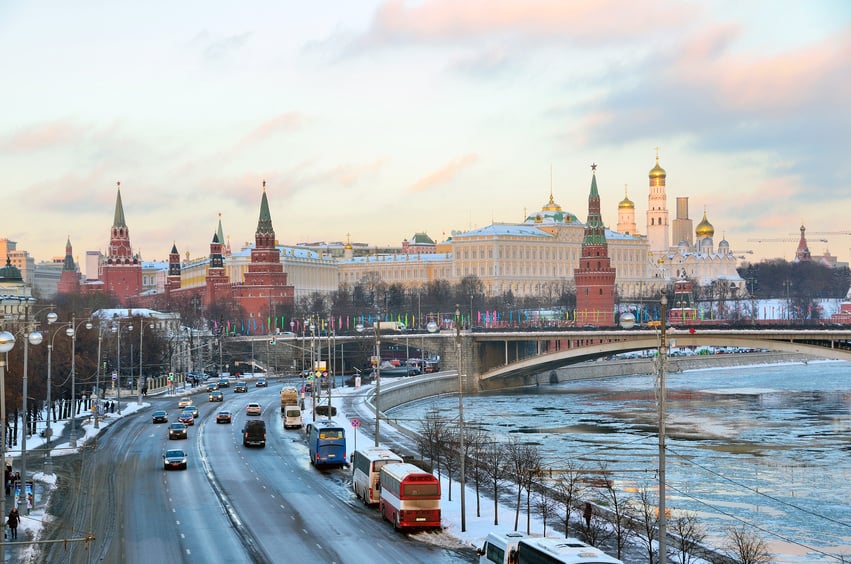On 2 April 2020, a Federal law came into force with stricter punishments for violations of sanitary-epidemiological rules, with harsher fines for administrative offenses and longer prison terms for criminal offenses.
On the same day, Moscow passed a city law imposing fines for violating the city’s self-isolation regime.
Administrative liability
Amendments to the Russian Code of Administrative Offenses:
- New fines for violating sanitary-hygienic rules and standards and for non-compliance with anti-epidemic measures specifically during emergencies or epidemics: up to 40,000 rubles (approx. 510 USD) for individuals, up to 150,000 rubles (approx. 1,900 USD) for company officers, and up to 500,000 rubles (approx. 6,350 USD) for companies. State authorities may also suspend a company’s business activities for up to 90 days.
- If the violation results in an illness or death, but does not fall under the Criminal Code (i.e. where the offender did not want and could not foresee such consequences, and therefore is not criminally negligent), the fines increase up to 500,000 rubles (approx. 6,350 USD) for company officers (or disqualification for up to three years), and up to 1,000,000 rubles (approx. 12,700 USD) for companies (or suspension of the company’s business activities for up to 90 days).
Amendments to the Moscow Code of Administrative Offenses:
- Failure to comply with the rules under a high alert regime, including the current self-isolation regime in Moscow, may entail a fine of 4,000 rubles (approx. 50 USD) for citizens, up to 40,000 rubles (approx. 510 USD) for company officers, and up to 300,000 rubles (approx. 3,800 USD) for companies.
- Failure to comply with the rules of self-isolation regime committed with a vehicle may entail a fine of 5,000 rubles (approx. 65 USD). The vehicle may be detained.
- Citizens and companies are liable under the Moscow Code of Administrative Offenses if their actions do not fall under the Russian Code of Administrative Offenses or Criminal Code.
Criminal liability
- For violations of sanitary-epidemiological rules that lead to (or are capable of causing) mass disease or poisoning through negligence, the punishment is now imprisonment for up to two years (previously the maximum punishment was a restriction of freedom for up to one year).
- If such violation causes, through negligence, the death of one person, it is punishable by up to five years in prison; if two or more persons die, the prison term can be up to seven years (previously the maximum term of imprisonment was five years).
Recommendations
Russian authorities are determined to force the population to comply with all the rules under the current high alert regime. Companies should regard the activities of their managers and employees with utmost seriousness, and should ensure that they comply with all requirements introduced to prevent the spread of coronavirus.



